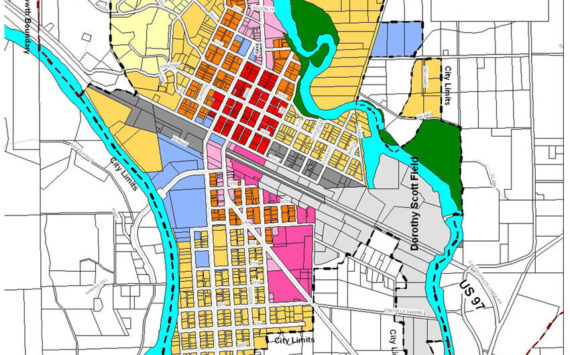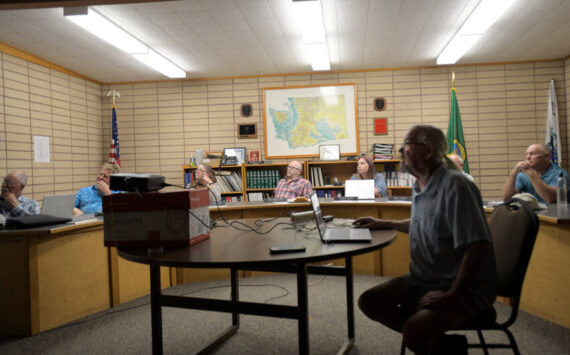While we should still strive for a smaller, more efficient government, events like the ongoing “superstorm” devastating our east coast and parts of the Midwest remind us that there’s still a place for “big”government. That’s especially true when individual states don’t have the logistical or economic means to battle natural disasters like this one where early estimates for recovery are upwards of $20 billion.
And, while one presidential candidate, Mitt Romney, has suggested we should eliminate FEMA, the Federal Emergency Management Agency, or turn it over to the states or better yet, in his words, to private enterprise, the incumbent Barack Obama, has to deal with the realities. There are just some things the federal government does better – and in most cases, Katrina being an exception (at least at first), FEMA has been a godsend to those in need. Our first responders, our communities, counties and states can only do so much and they rely on the federal government when the task becomes overwhelming. That’s not just our opinion, New Jersey Governor Chris Christie, one of Romney’s staunchest surrogates, had nothing but praise for the president’s and the federal government’s response to the ongoing disaster. Republican Gov. Christie, whose state seemed to have taken the worst of the punishment, is being lauded for his efforts as well.
These kinds of disasters should bring people from both sides of the aisle together because we as a nation are basically good and care about our fellow Americans, no matter their political leanings. It’s just too bad it takes something like Superstorm Sandy to remind us. All our prayers are with those who have lost loved ones and those who are suffering from the storms after effects. For those who have never suffered the loss of a loved one, a home or gone without enough food and water it has to be hard to imagine the hardship so many are facing.
This disaster, like many so often do, has much greater implications for more than just the states it directly touches. In the case of Sandy, the storm left up to seven million without power, the New York Stock Exchange planned to close down for two trading days in a row for the first time in over 100 years, lines of communications like phones, internet and computers went down, airplanes were grounded. These all have far reaching results.
States don’t have the resources and private insurance can’t cope either. Nearly every time there’s a big flood or houses are burned in wildfires, there’s an earthquake or a hurricane, we all see our insurance rates go up. As Monica Potts writes in “Five Things the Government does better than you” in The American Prospect, “The problems with disaster insurance are similar to the problems with health insurance: Only people who think their house might be flooded bother to buy flood insurance, so the insurance companies risk going broke paying out all of their customers every time it floods.”
She concludes,”Keeping the federal government in charge of disaster relief spreads risk out over the entire country, and ensures that victims in poor states—basically every state in Tornado Alley—get as much help as residents of wealthier states would.”
There are some things “big” government will always do better and there are some it won’t. Yes, there’s a lot of government waste on all levels and that needs to be addressed rationally. But the idea we can just stop paying for things like federal disaster relief is like hiding in the cellar and hoping the storm will just pass over – you might come through unhurt or the house might tumble in around you. If it does, you’ll be glad government is there to help.









